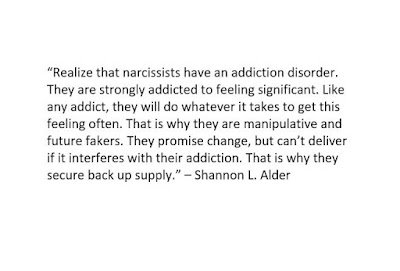Dr. Jekyll and Mr. Hyde
Imagine being two people at one time. Imagine that what you portray to the world greatly differs from the one you portray to your closest family members and friends. People outside of that inner circle have no idea of the secrets that happen behind closed doors.
Neurological development happens at the earliest of years for us all. Between the ages of 18 months to 3 years, our brains rely on predictability and consistency. It is what helps us to feel safe in our environment. Take that factor away, and the reaction has a response of altered brain functioning as a result of early childhood abuse and neglect. This means the brain is at its most vulnerable susceptibility to trauma. Our experiences, including our interactions with other people, have a significant impact on how our genetic predispositions are expressed that potentially make a lasting imprint on how we connect to the world.
The organizing framework for children’s development is based on the creation of memories. When repeated experiences strengthen a neuronal pathway, the pathway becomes like a filing system, creating a lasting imprint, and it eventually becomes a memory. At some point, with predictability and consistency, the brain no longer has to work hard to make connections to people and experiences. The creation of these memories from consistent and predictable behavior allow us to understand our relationships to people. If our experiences contain abuse and neglect, or even absence, the way a person sees life adversely affects their view of the world throughout their lives. This affects neurological pathways that in turn prepare children to cope in a negative environment.
Addiction is a brain disorder characterized by compulsive engagement in rewarding stimuli despite adverse consequences. The neurological development from an abused person is in constant need of supply and the only type of commitment they can make is to manipulate kind people, family, friends in order to siphon their joy, positivity, and love. They need it to survive in their world of self-created chaos that they have become prisoner to because addiction, when left untreated, becomes exacerbated and increasingly harmful to all of those that become involved in their world. They paint a picture of the life that they want others to know about, but keep the truth in darkness. Connecting to people becomes short lived. Relationships become one sided, selfishness revolves around their set of skewed values.
I have experienced far too many examples of narcissism, the embodiment of an extreme addiction, in my life to ignore the behavior. But how do you get Dr. Jekyll and Mr. Hyde to be self aware of their behavioral imbalance when they see nothing wrong with their destructive behavior?
Is the point of all of this for me to identify it and then to process how to protect myself from it? I'm beginning to think so.




Comments
Post a Comment